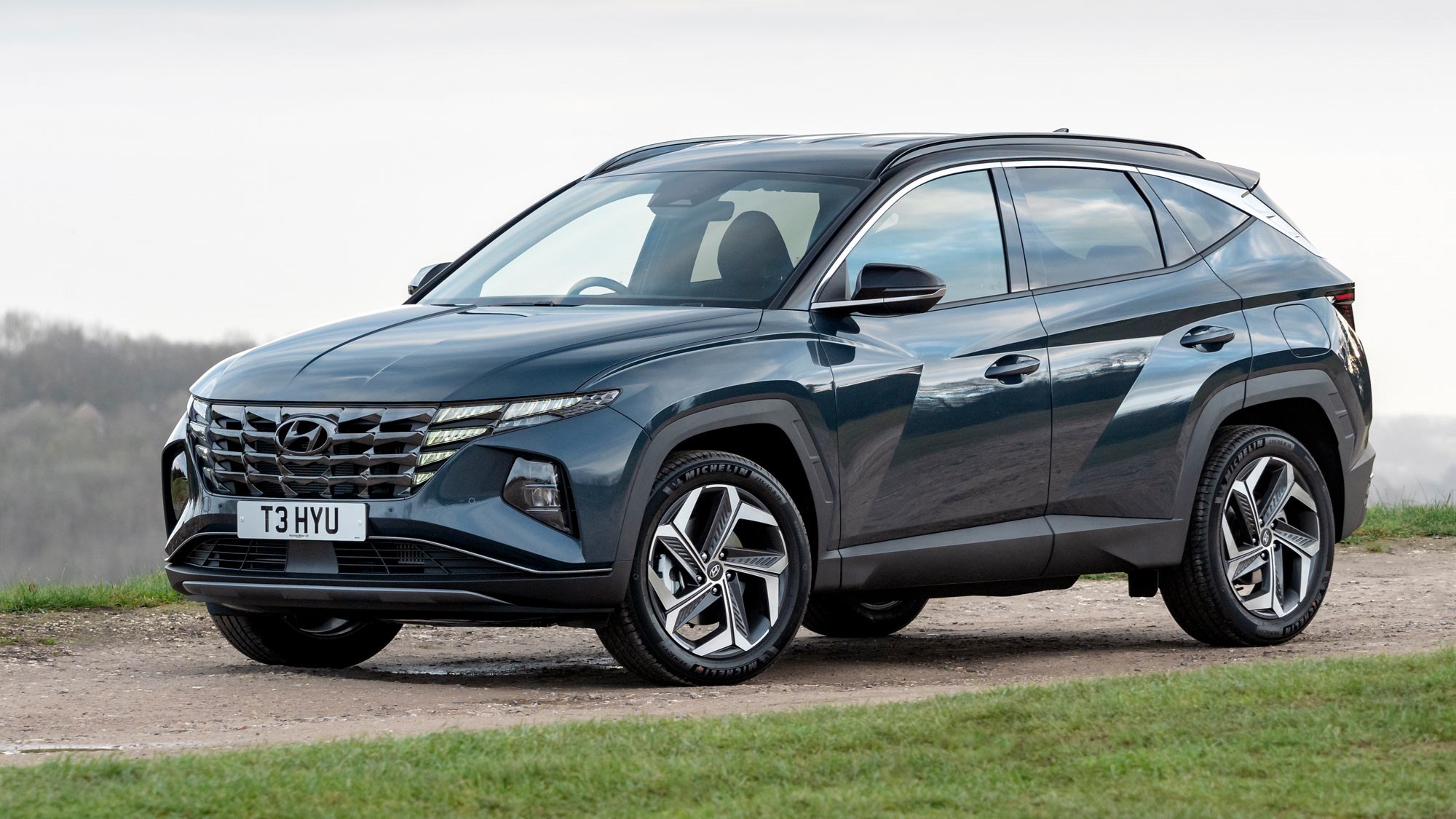Table of Contents
In an age where vehicle maintenance, fuel economy, and driving costs are constantly on the minds of vehicle owners, a topic that often arises is mileage blockers. These devices and methods promise to help vehicle owners bypass certain regulations, save on expenses, or achieve specific goals. However, the truth behind mileage blockers is complex, with potential risks and legal implications that every car owner should understand. Here’s what you need to know.
What Are Mileage Blockers?
Mileage blockers are devices or tools used to alter, suppress, or block the mileage displayed on a vehicle’s odometer. These devices are often marketed as solutions for reducing the mileage reading of a vehicle to increase its resale value or to prevent wear-and-tear records from impacting the vehicle’s perceived worth. While some systems claim to ‘block’ mileage during certain conditions, such as when a vehicle is in storage or not in use, their use in other situations can be problematic.
The Popularity of Mileage Blockers
The allure of mileage blockers comes from the financial incentives they seem to offer. Vehicles with lower mileage are typically more valuable, making them appealing for buyers and potentially more lucrative for sellers. For those who sell vehicles regularly, having a tool that can temporarily alter the mileage may seem like an attractive prospect. However, the reality is that the use of these devices often intersects with ethical and legal boundaries.
The Risks of Using Mileage BlockersLegal Implications
One of the most significant risks associated with mileage blockers is their potential violation of the law. In many regions, tampering with a vehicle’s odometer is considered illegal and can result in severe penalties, including fines and imprisonment. This is because odometer fraud is a deceptive practice that misleads potential buyers and compromises vehicle safety records. When mileage is altered and reported inaccurately, it disrupts the integrity of the automotive market and undermines consumer trust.
Ethical Concerns
Beyond the legal implications, there are ethical concerns tied to the use of mileage blockers. Misrepresenting the actual mileage of a vehicle can be seen as a form of fraud, leading to a breach of trust between buyers and sellers. This can have long-term consequences, such as damage to the reputation of those involved and a loss of credibility in the industry.
Potential Damage to Your Vehicle
Another risk associated with using mileage blockers is the potential for damage to the vehicle’s internal systems. Mileage blockers often interfere with the vehicle’s electronics, which can result in malfunctions and potential damage to crucial components. This interference could cause issues with the car’s diagnostic systems and lead to costly repairs or even void the vehicle’s warranty.
The Alternatives to Mileage Blockers
For vehicle owners looking to maintain their car’s value without resorting to mileage blockers, there are legitimate methods to consider:
Regular Maintenance and Care
One of the best ways to preserve the value of a vehicle is to keep it well-maintained. Routine maintenance, including oil changes, tire rotations, and brake servicing, ensures that the car runs smoothly and remains in good condition. A well-documented maintenance history can often be more persuasive to potential buyers than artificially low mileage.
Keep Records of Vehicle Usage
If you’re concerned about how mileage might impact the resale value, keep a thorough record of the vehicle’s usage. This includes documenting how often the car has been used, any long-distance trips taken, and service history. This transparency can provide potential buyers with confidence that the vehicle has been cared for properly, even if the mileage is on the higher side.
Highlighting Other Value Points
When selling a vehicle, emphasize features that add value and make it stand out, such as upgraded parts, added technology, or unique customizations. Buyers are often willing to pay more for a car that is well-equipped and well-maintained, regardless of its mileage.
Conclusion
While mileage blockers may offer an appealing shortcut to increase a vehicle’s resale value, the legal and ethical risks associated with using them make them a poor choice for most car owners. The potential for penalties, damage to the vehicle, and the erosion of trust in the marketplace outweigh any short-term benefits. Instead, consider honest and responsible ways to maintain and sell your vehicle to preserve its value and ensure peace of mind for both you and potential buyers.





More Stories
Discover the Ultimate Guide to Brilliant Full Car Service for a Smooth, Worry-Free Ride
Discover the Ultimate Guide to Powerful Basic Car Service for a Smoother Ride
Understanding Mileage Blockers: What You Need to Know